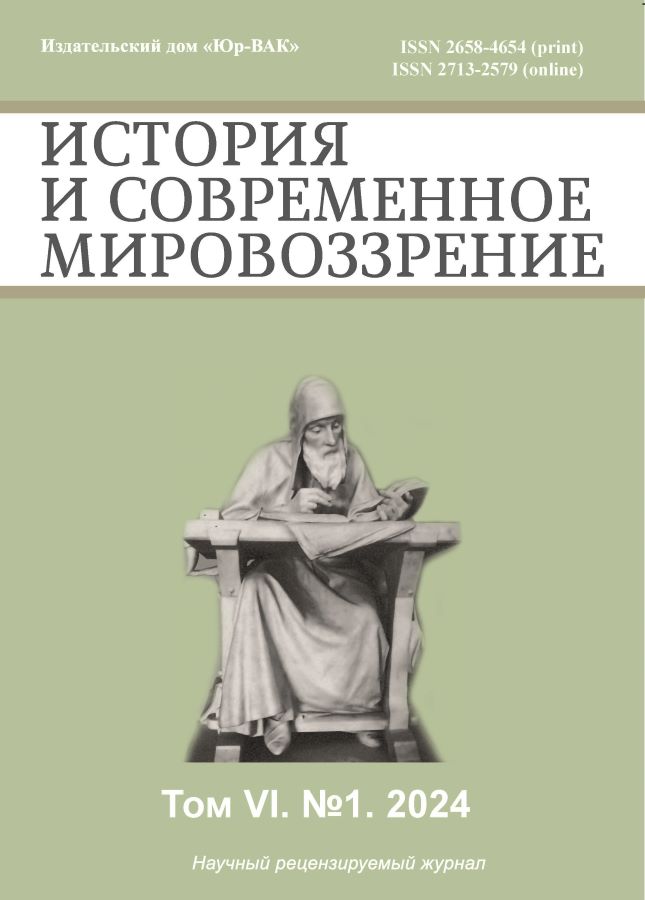What Kind of History is Artificial Intelligence Writing?
- Authors: Gerasimov G.I.1
-
Affiliations:
- Tula Museum of weapons
- Issue: Vol 6, No 1 (2024)
- Pages: 20-26
- Section: DEBATING ISSUES OF HISTORY
- URL: https://journals.eco-vector.com/2658-4654/article/view/630536
- DOI: https://doi.org/10.33693/2658-4654-2024-6-1-20-26
- EDN: https://elibrary.ru/FLKEUO
- ID: 630536
Cite item
Abstract
The purpose of the article is to find out the capabilities of public versions of modern artificial intelligence in the field of creating historical texts, their quality, theoretical orientation and the possibility of using them as a tool for historical research, as well as auxiliary material for students and anyone interested in history. To achieve the goal of the study, a comparison was made of texts on historical topics created by domestic (GigaChat from Sberbank) and foreign (ChatGPT 3.5 from OpenAI) artificial intelligence. Analyzing the test results, it was noted that both AIs make factual errors, including crucial ones. A comparison of foreign and domestic AI showed that the knowledge base used is much wider and richer in ChatGPT 3.5 from OpenAI, so it gives more detailed, extensive and balanced answers. GigaChat from Sberbank, as well as ChatGPT 3.5 from OpenAI, «adheres» to mainly liberal views on Russian history, which is explained by the predominance of Western liberal theories in domestic historical literature, used as an AI knowledge base. Assessing AI responses in general, the author believes that both versions of artificial intelligence give a mostly negative assessment of Russian history. The author considers it inappropriate to recommend both AIs for use by schoolchildren and students as an auxiliary tool for studying Russian history.
Full Text
About the authors
Grigory I. Gerasimov
Tula Museum of weapons
Author for correspondence.
Email: ggi1957@mail.ru
ORCID iD: 0000-0003-4479-2620
Scopus Author ID: 235506
ResearcherId: R-7767-2016
Dr. Sci. (Hist.), Associate Professor, Scientific consultant
Russian Federation, TulaReferences
- Borodkin L.I. Data science and artificial intelligence technology: opportunities and limitations in the research of historians // Trudy Otdeleniya istoriko-filologicheskikh nauk T. 11. 2021. Moscow, 2022. 296 p.
Supplementary files









